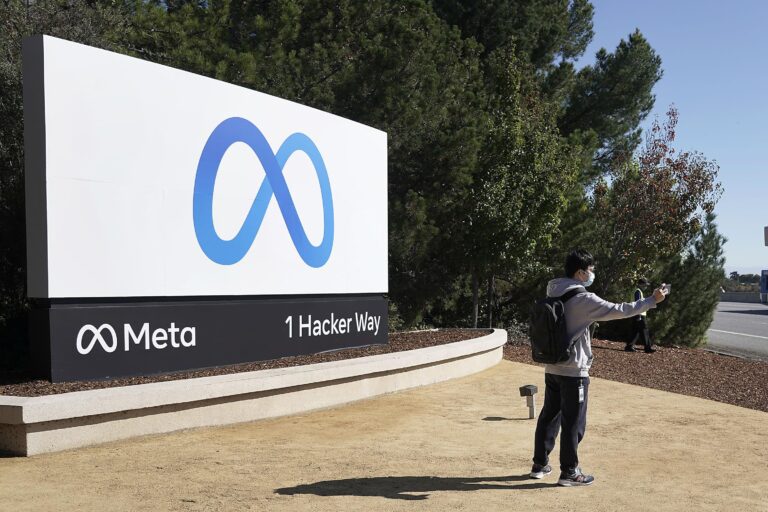Alexa still ahead despite very poor performance.
- New data suggests that Google Assistant is even more superior to Amazon Alexa than RFM’s tests have suggested, but still Google remains at risk of suffering a Betamax-like defeat (see here).
- The digital agency, 360i has written a piece of proprietary software aimed at scientifically testing how good digital assistants are at answering queries (see here).
- This software asks 3,000 questions and then assesses the answers given.
- It is here that I suspect some human intervention is needed as both Google Assistant and Amazon Alexa often give answers that I think software will have difficulty in assessing.
- This is why I suspect the results are being considered as very preliminary and that some human parsing of the answers is needed.
- While, there is no hard data available yet, 360i has said that the initial indication is that for any question, Google is six times more likely to come up with the right answer compared to Amazon Alexa.
- This contrast is so stark, that I suspect that Google will still beat Alexa hands down once the real data has been scrutinised and published.
- This reflects RFM’s own much less scientific tests where every person asked to live with Amazon and Google side by side for four days expressed a strong preference for Google Assistant.
- The one exception was a small child who was much more interested in endlessly turning the lights on and off rather than improving his general knowledge.
- It is here that we find Google Home’s great failing as Google Home does not support the smart light system tested, as it is only available with Amazon Alexa.
- This problem is reflected right the way through the entire smart home ecosystem where every smart device one can think of works with Amazon Alexa but only a small proportion work with Google Assistant.
- Amazon has been extremely welcoming to third party developers giving a lot of support as well as meaningful discounts for running their services on AWS.
- The same cannot be said of Google as almost every developer I have spoken to has not been complimentary when describing the experience of trying to develop for Google Home.
- I find this to be a big surprise because Google’s Android developer program has been huge and thriving for years.
- This is why Google suffered such a resounding defeat at CES in January where Amazon Echo was everywhere and Google Home was barely seen or talked about.
- Google’s strategy to fix this issue is to focus developers on the assistant rather than the device.
- This has two advantages:
- First It ensures that any device with Google Assistant in it can control any product written to the one API.
- Second and most importantly, developing for the Google Assistant is part of the highly successful Android developer program rather than the poor effort made by Google’s hardware division to date.
- I still think that smart home is Google’s to lose but Amazon Alexa is still orders of magnitude greater when it comes to the number of home devices in the hands of users.
- The home speaker is a much more convenient device with which to control the home as there is no requirement to remove the device from a pocket or unlock it.
- Furthermore, I don’t think that users have yet really understood that the functionality on the phone is exactly the same as it is on the home speaker or anything else meaning that Amazon still has the volume advantage in the mind of the developer.
- I still think that Google has the advantage as it has by far the better product but developers start really making their products work with the assistant soon, then the game will quickly be lost.
- Google’s outlook for 2017 remains pretty good but the shares still look fairly priced leaving me preferring Microsoft, Tencent and Baidu.









Blog Comments
Victor
June 27, 2017 at 4:54 pm
“The one exception was a small child who was much more interested in endlessly turning the lights on and off rather than improving his general knowledge.”
That just tells me that you didn’t equip that user with a philips HUE or LIFX starter kit, both of which work with Google Home.
Google is also ahead in multimedia integration. Amazon has Alexa on FireTV/Stick and Alexa on echo and third party speakers. If you have both in your home, they don’t acknowledge the existence of each other: You can’t tell Alexa on an Echo to start watching Netflix at the TV.
If you have Google Home and Chromecast, you can kick off programmes by instructing Google Home to watch Black Mirror from Netflix on the TV. It sounds silly, but in practice, it’s very convenient.
windsorr
June 28, 2017 at 9:44 am
why should I have to? Smart Home is about convenience. If it is not then no one is going to use it. This is Google’s failing. Everything works with Alexa so for smart home I can buy the product that I want rather than be limited. The user expereince on Alexa is terrible but that is another matter that I have addressed on other posts.
Victor
June 30, 2017 at 8:21 am
https://madeby.google.com/home/partners/ shows they’re compatible with about 16 lighting solutions now. Surely something would have satisfied the child’s fascination with lighting.
They have 54 partners overall. That’s getting closer to rivaling Alexa’s standing.
Victor
June 27, 2017 at 7:39 pm
“This is why Google suffered such a resounding defeat at CES in January where Amazon Echo was everywhere and Google Home was barely seen or talked about.”
No, it isn’t. Google didn’t have a third party program in the months leading up to CES, so obviously there was no hardware or talk about it at CES. Now they do have a third party program, and it’s only been available since about March.
Where this is actually headed is that devices that are developed for Amazon can also add Google without too much issue. Devices in the wild can gain compatibility, and devices in the future will do both. Homes with Echo in it already can add a Google Home and the heterogenous environment will work fine, excepting things like chromecast.
Mark
June 28, 2017 at 4:51 am
Alexa is popular enough to be spoofed on Saturday Night Live
https://youtu.be/YvT_gqs5ETk
windsorr
June 28, 2017 at 10:09 am
It is. But it is still inferior. Just like VHS vs. Betamax.
windsorr
June 28, 2017 at 10:11 am
very funny clip though!